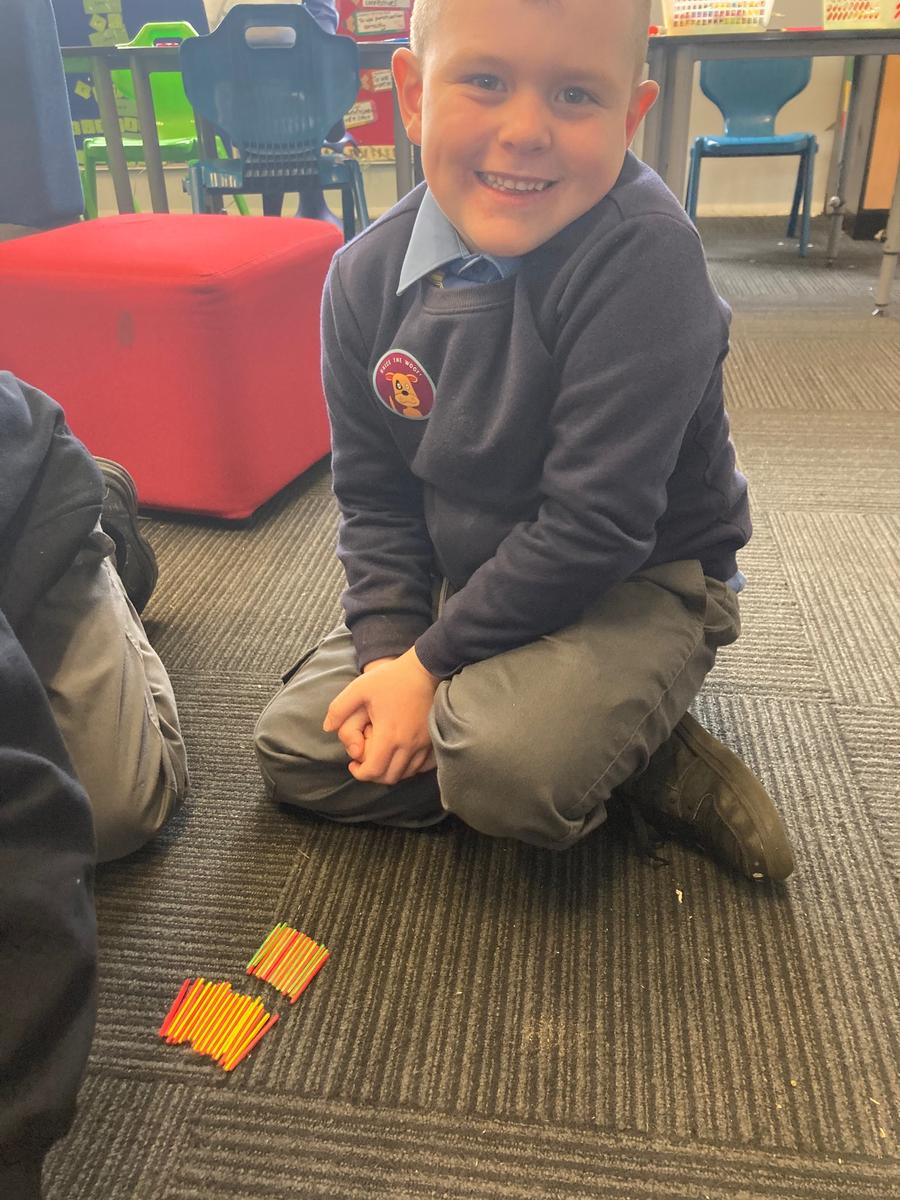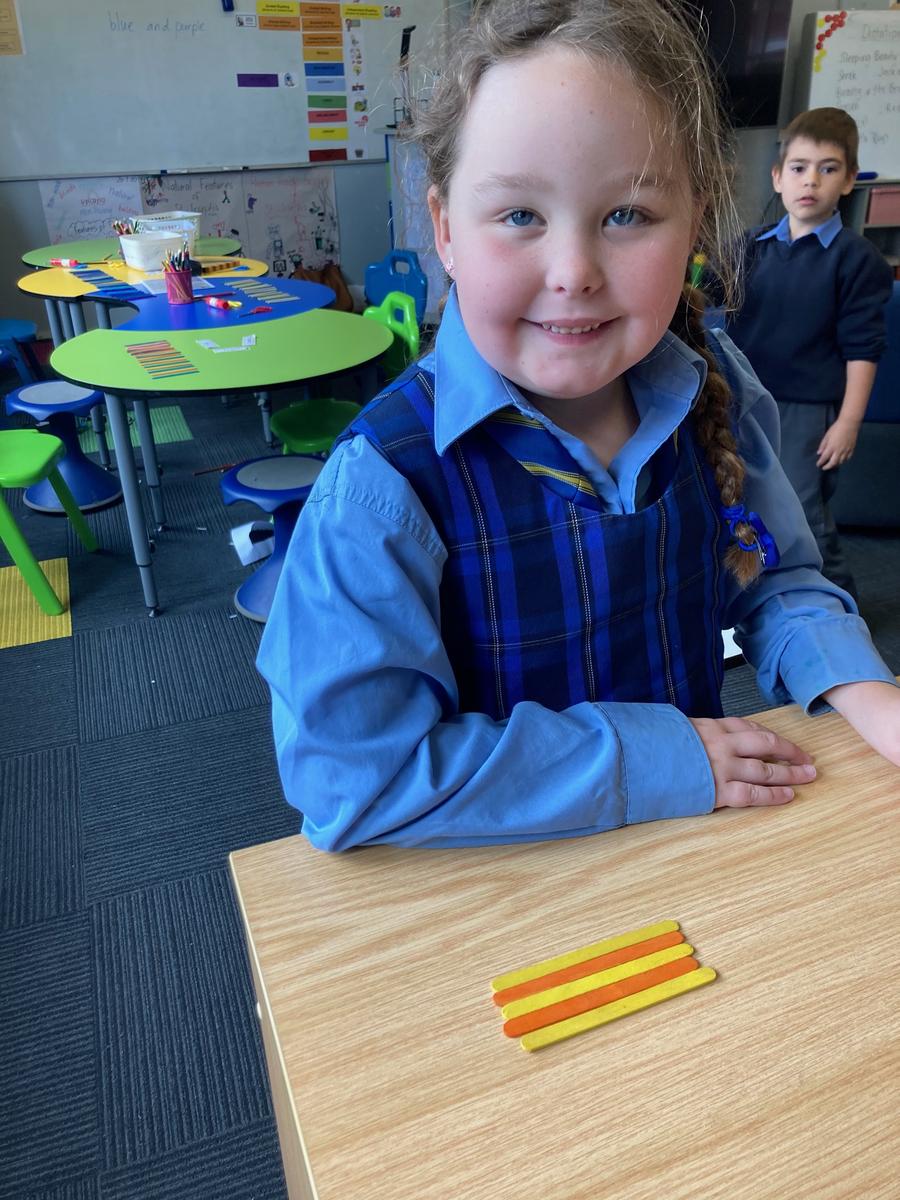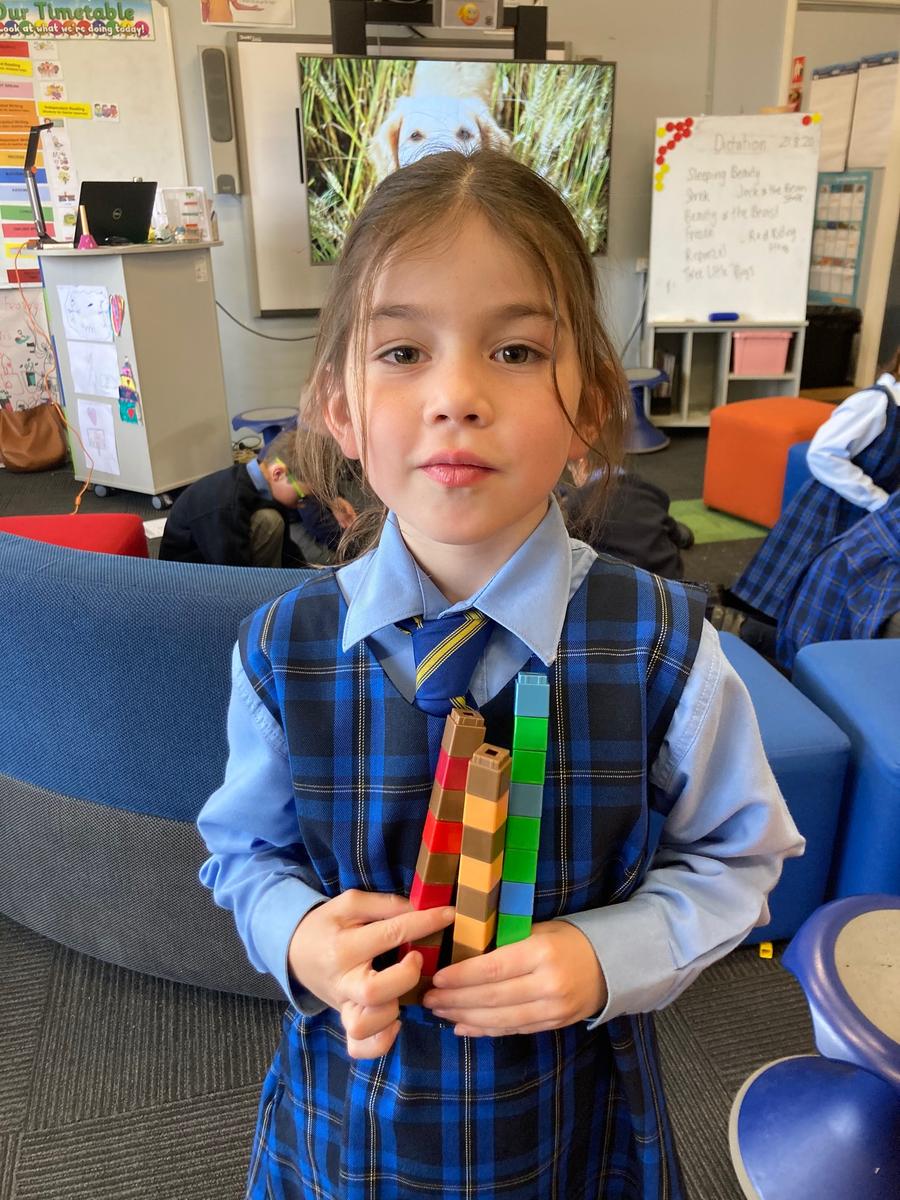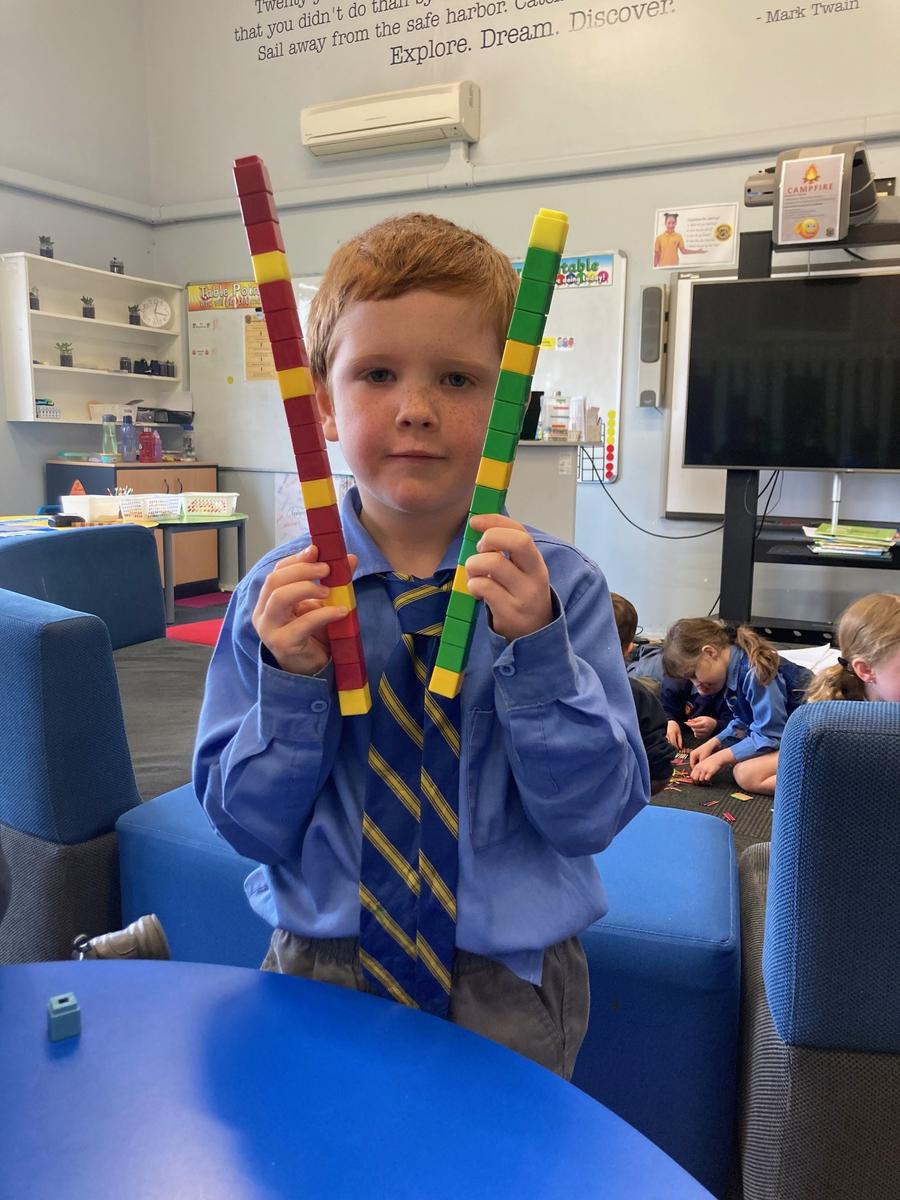Focus on Learning
LoP: Mrs Amanda Mondy
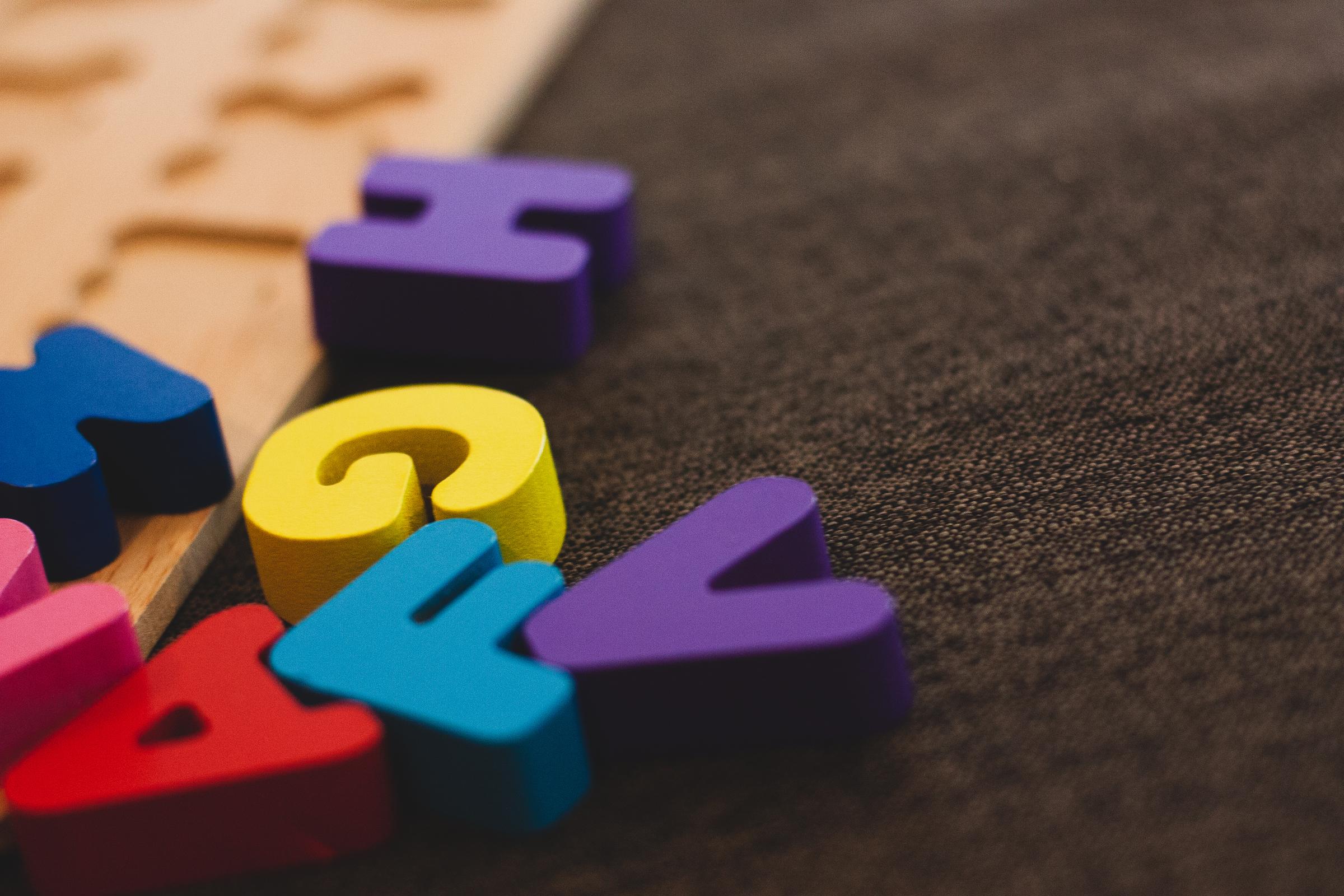
Focus on Learning
LoP: Mrs Amanda Mondy
Mathematics
Over the past 6 weeks, our teachers have been implementing WARM-UPs within their Mathematics lessons to build on number and content skills.
A warm-up provides students with the opportunity to explore Mathematical concepts while learning, applying, extending, and refining their own range of understandings.
Our warm-ups are quick and purposeful activities that allow all students to engage at their own level of understanding. These warm-ups could be games, times table focus, sticky note questions, fast recall, mental maths and much more…
Number is a huge element within Mathematics and 3 of our 5 school days focus primarily on developing your child's number skills and strategies.
Here are some fun activities you can do at home to help your child master the concept of NUMBER:
Kindergarten:
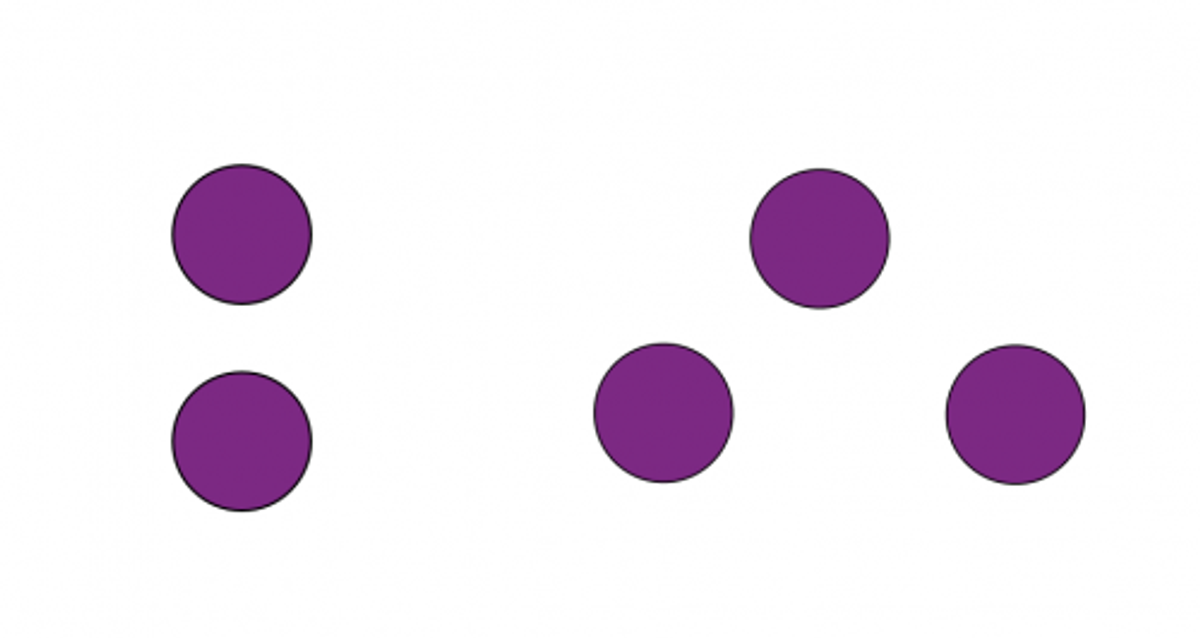

Year 1/2:
Year 3/4:
Year 5/6:
One of the MOST important Mathematical skills you can do with your children at home to prepare them for their mathematical learning throughout their schooling life is... TIMES TABLES practice.
Here are some great activities Infants have been doing within the classroom over the past few weeks.
Kindergarten: Students were learning to organise objects into simple data displays, understand, and describe the displays. Students spent time independently grouping and sorting dinosaur toys to then count and see the most common/popular toy.
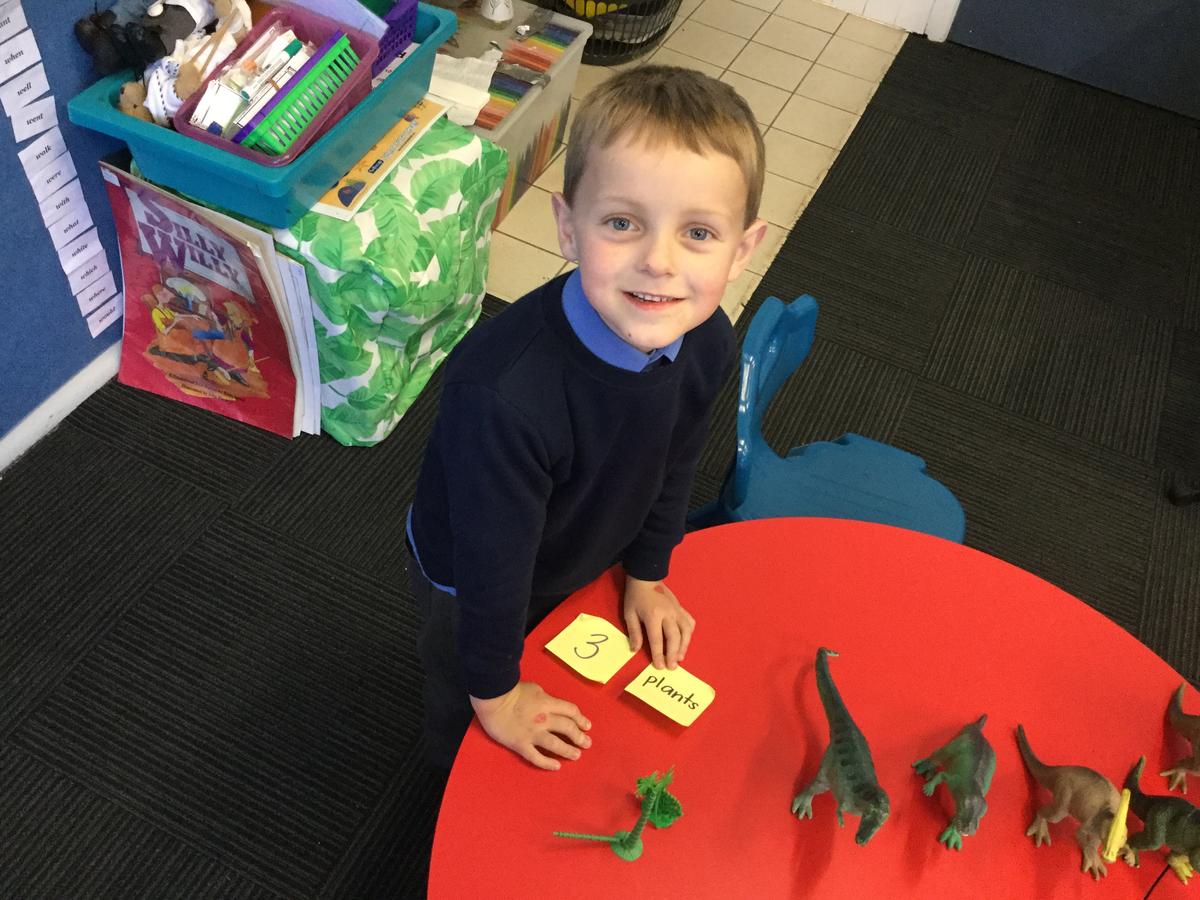
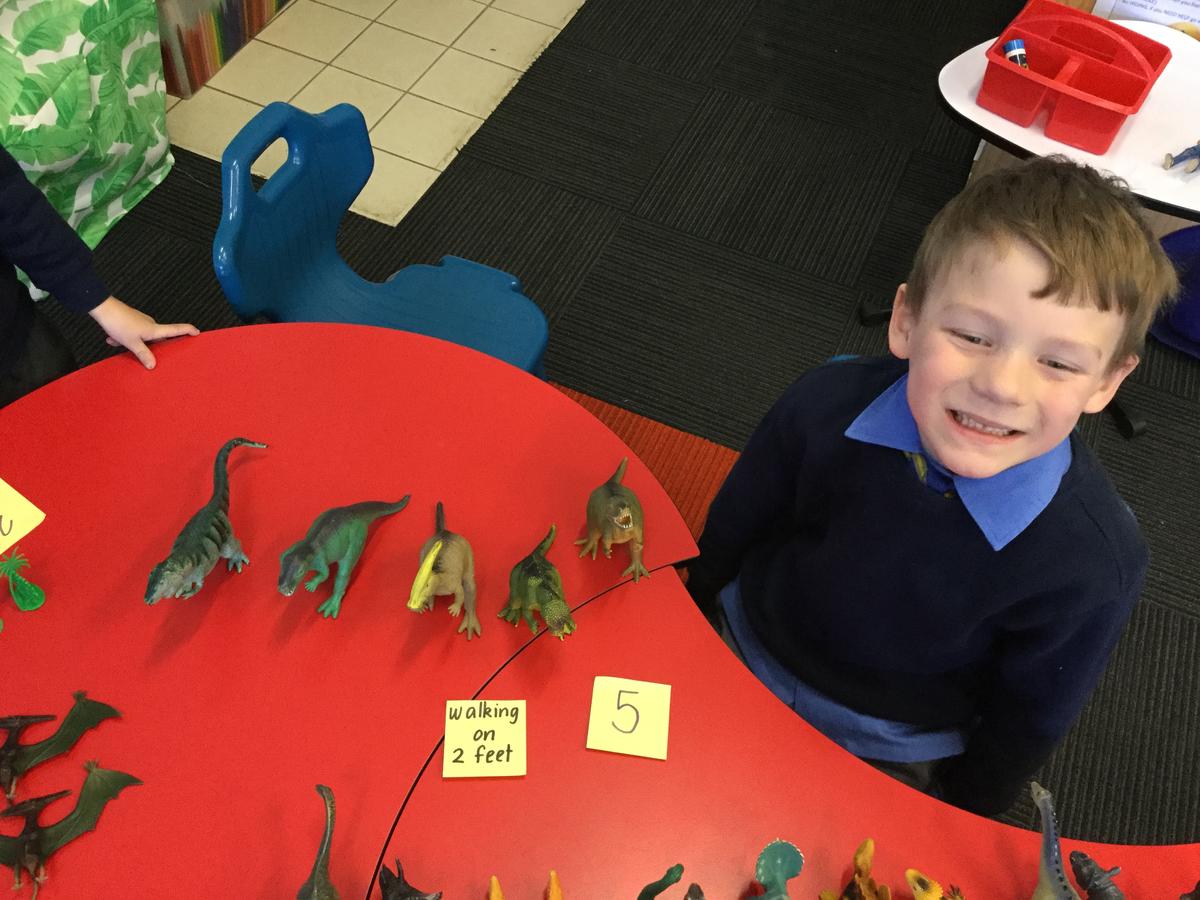
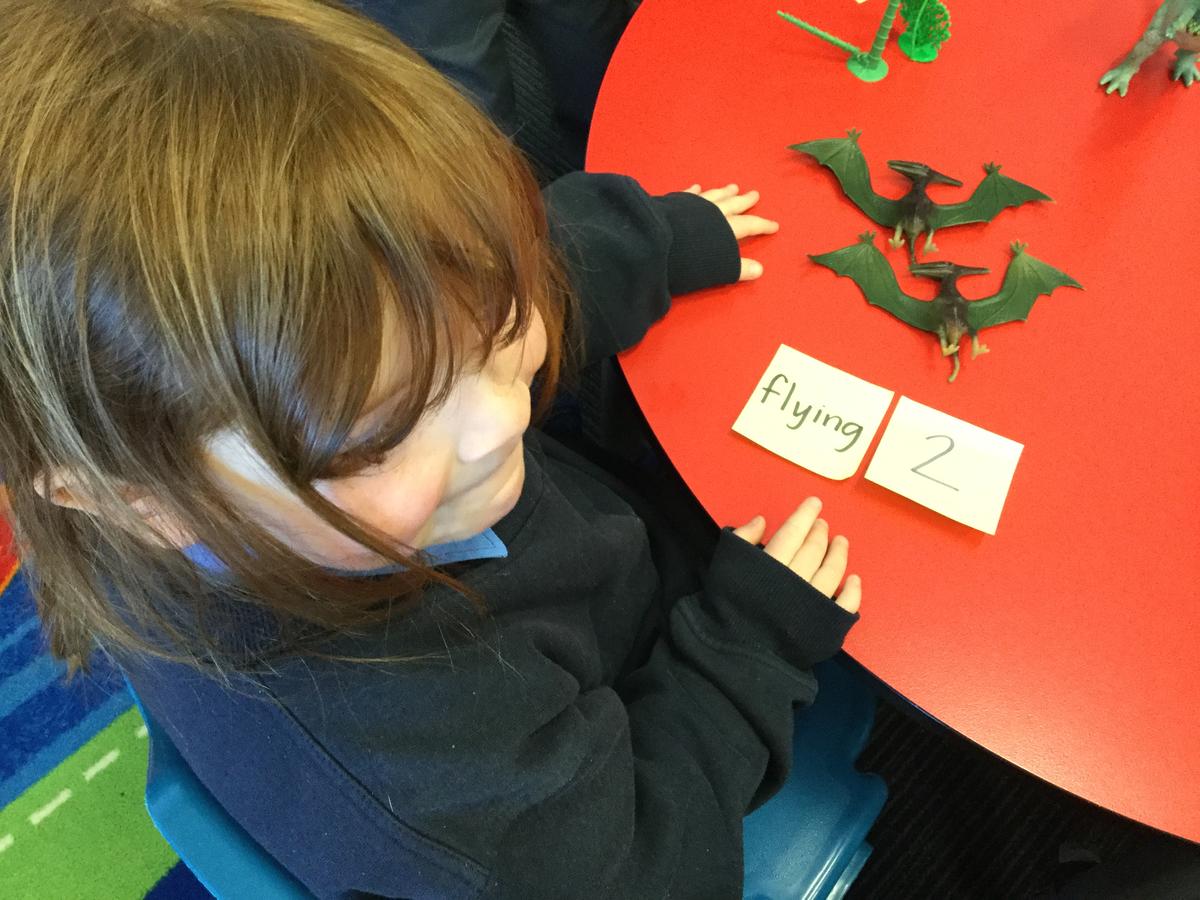



Year 1 and 2: Students were learning to make, describe and record number patterns. For this Warm-up Mrs Bartholomew provided students with the choice of unifix cubes, counters, or sticks. They then had to create patterns to demonstrate their understanding of what a pattern could be and explain it to the teachers. This allowed Mrs Bartholomew to plan their learning directions accurately for each need within the classroom. A great example of individualised learning for your students needs and where they are within their mathematical understanding of Patterns.
